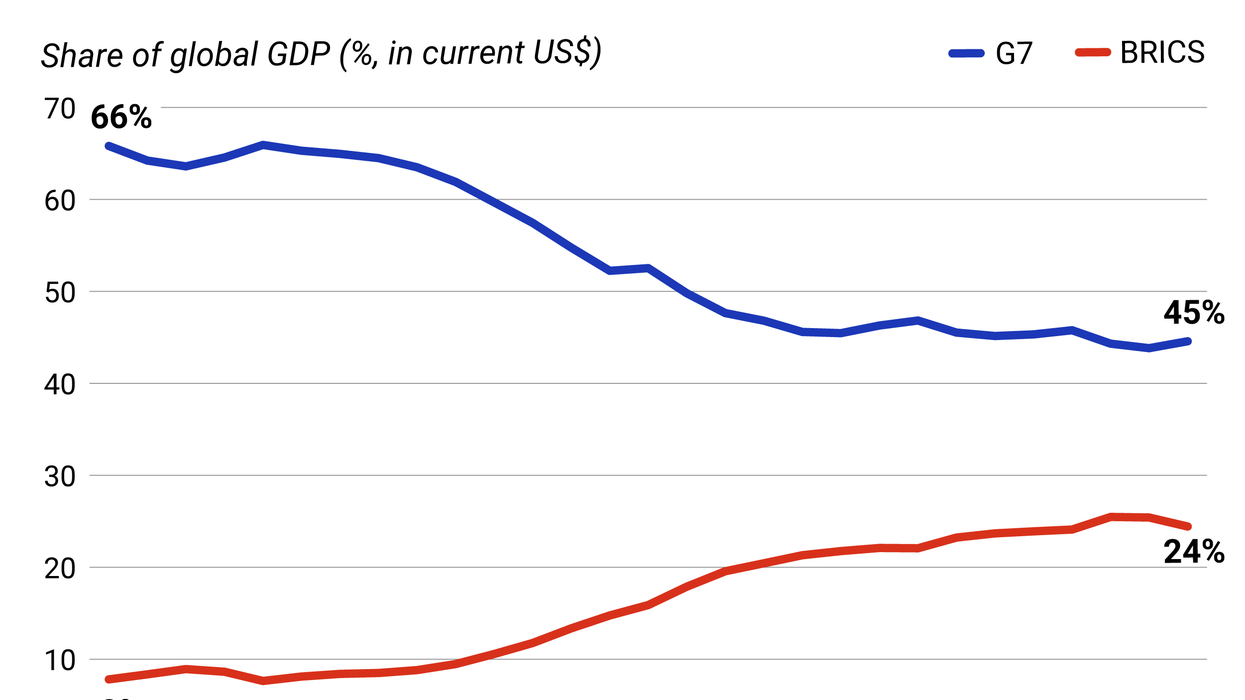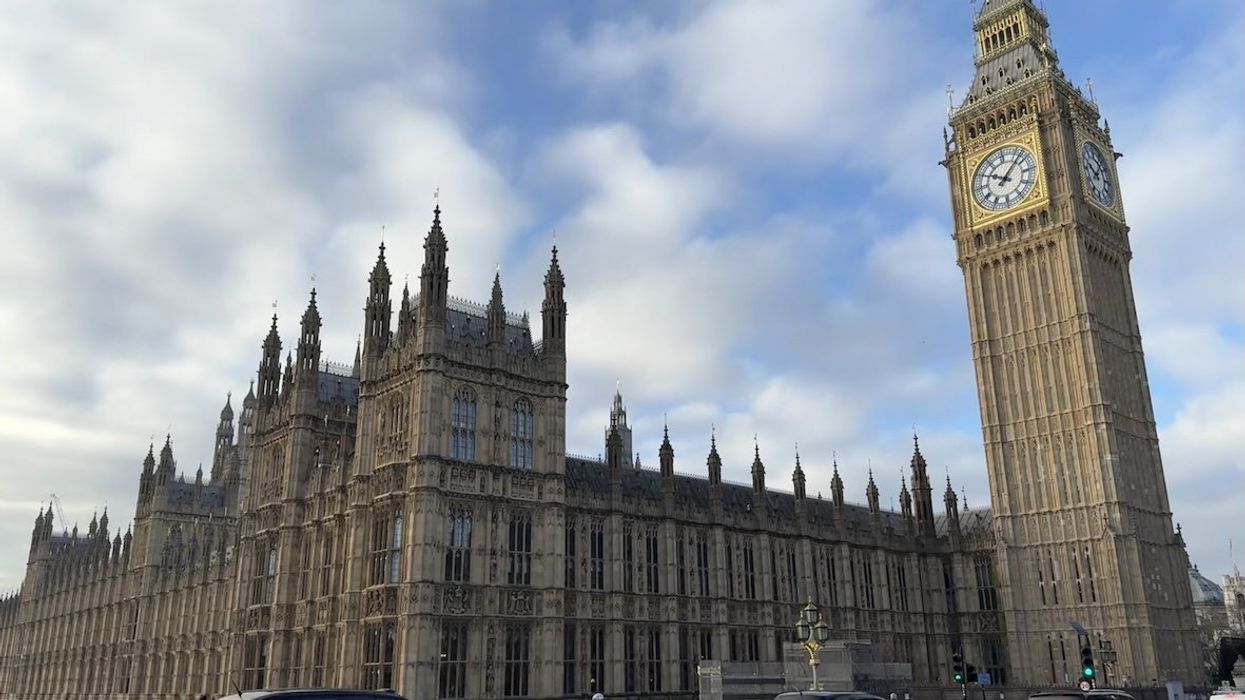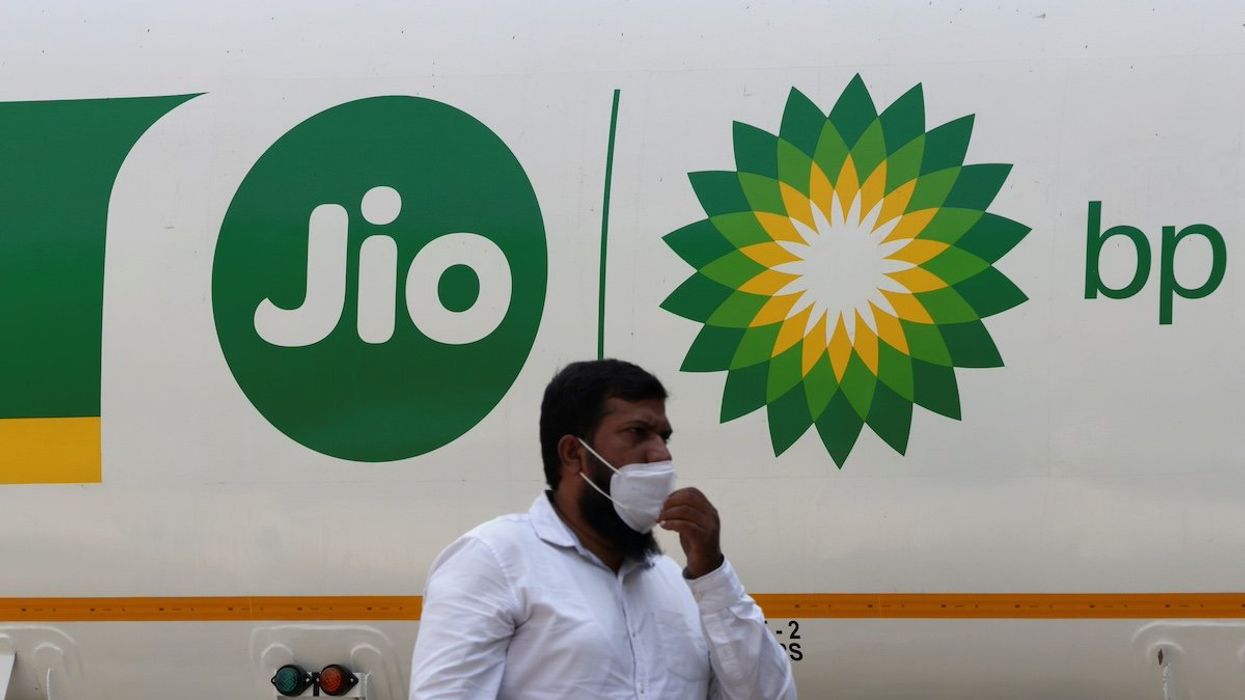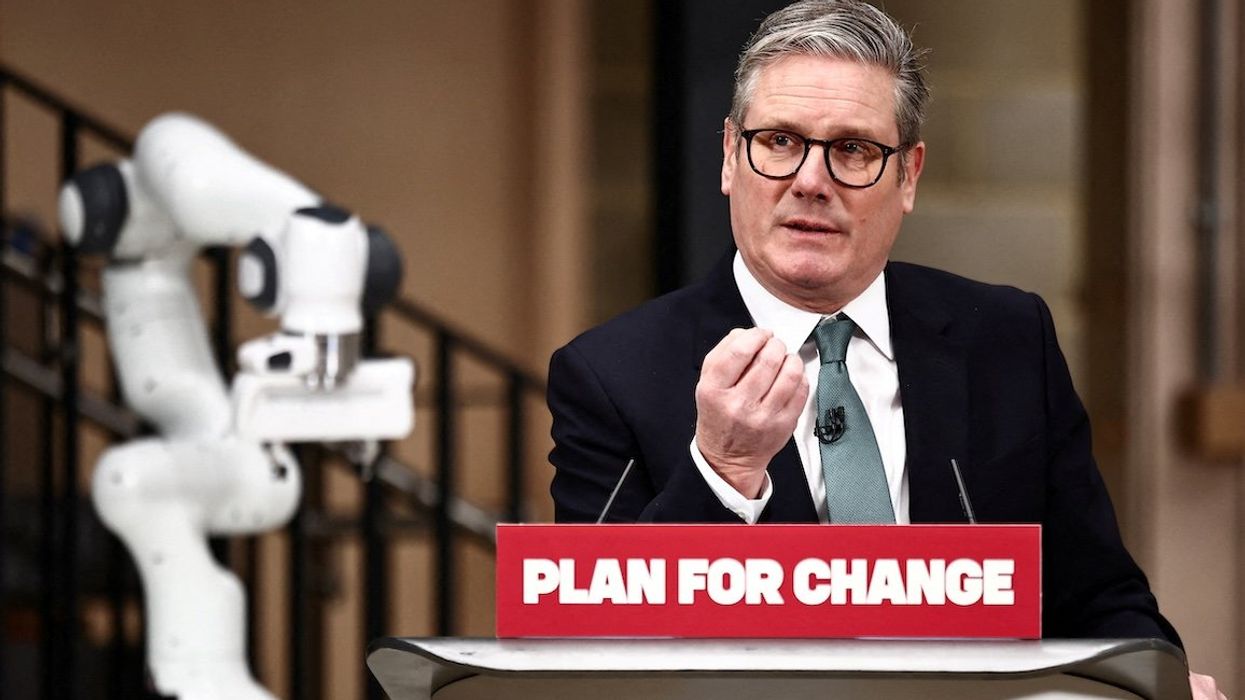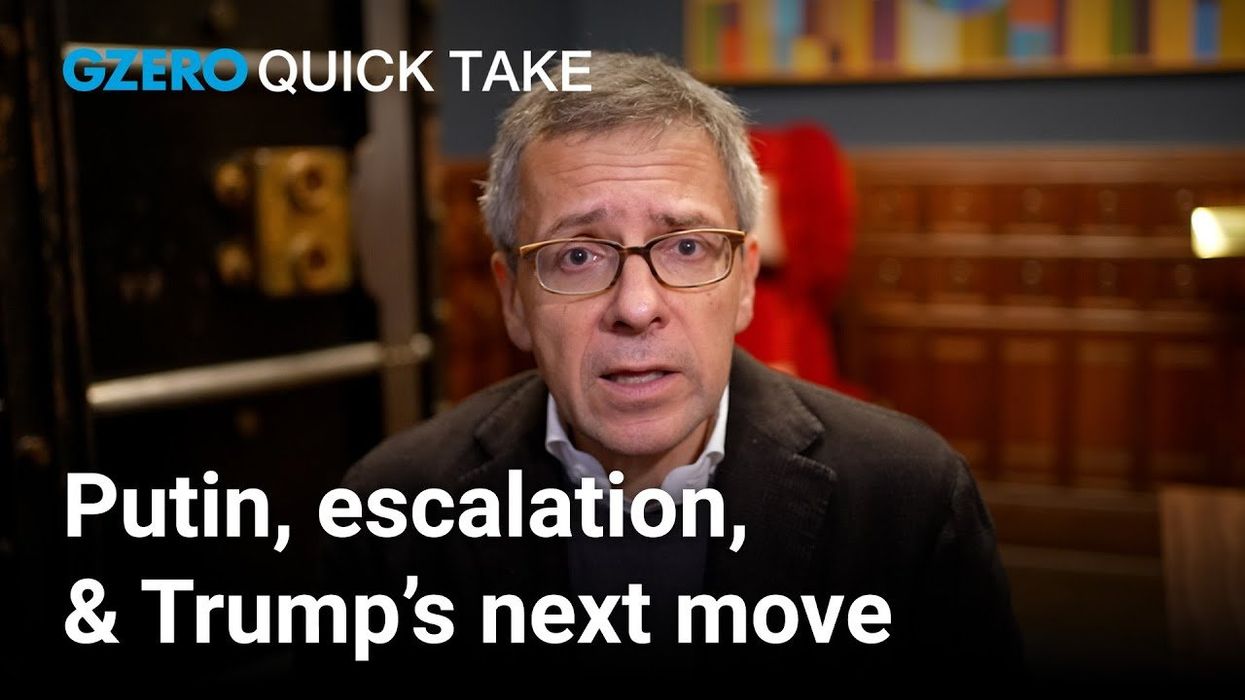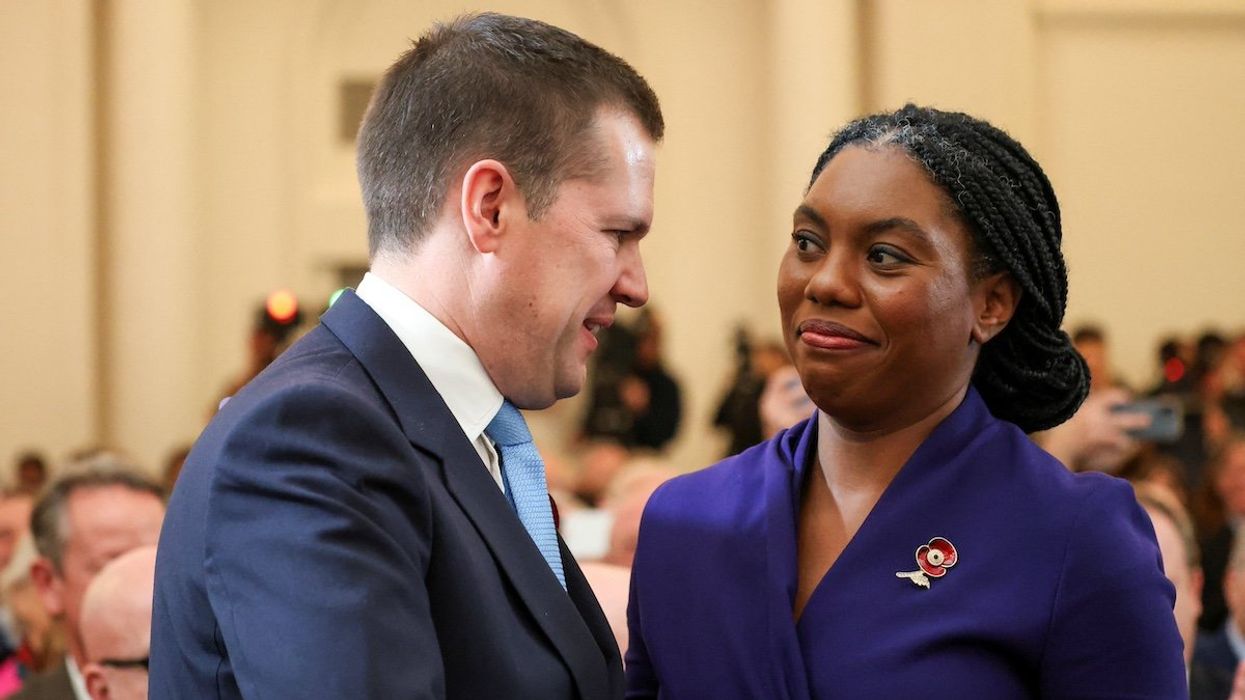What We're Watching
What We’re Watching: UK-China meeting, Violence in Ethiopia, Canada’s conservative leader on the chopping block
This week, Prime Minister Keir Starmer became the first UK leader to visit China in eight years. His goal was clear: build closer trade ties with Beijing.
Jan 29, 2026

